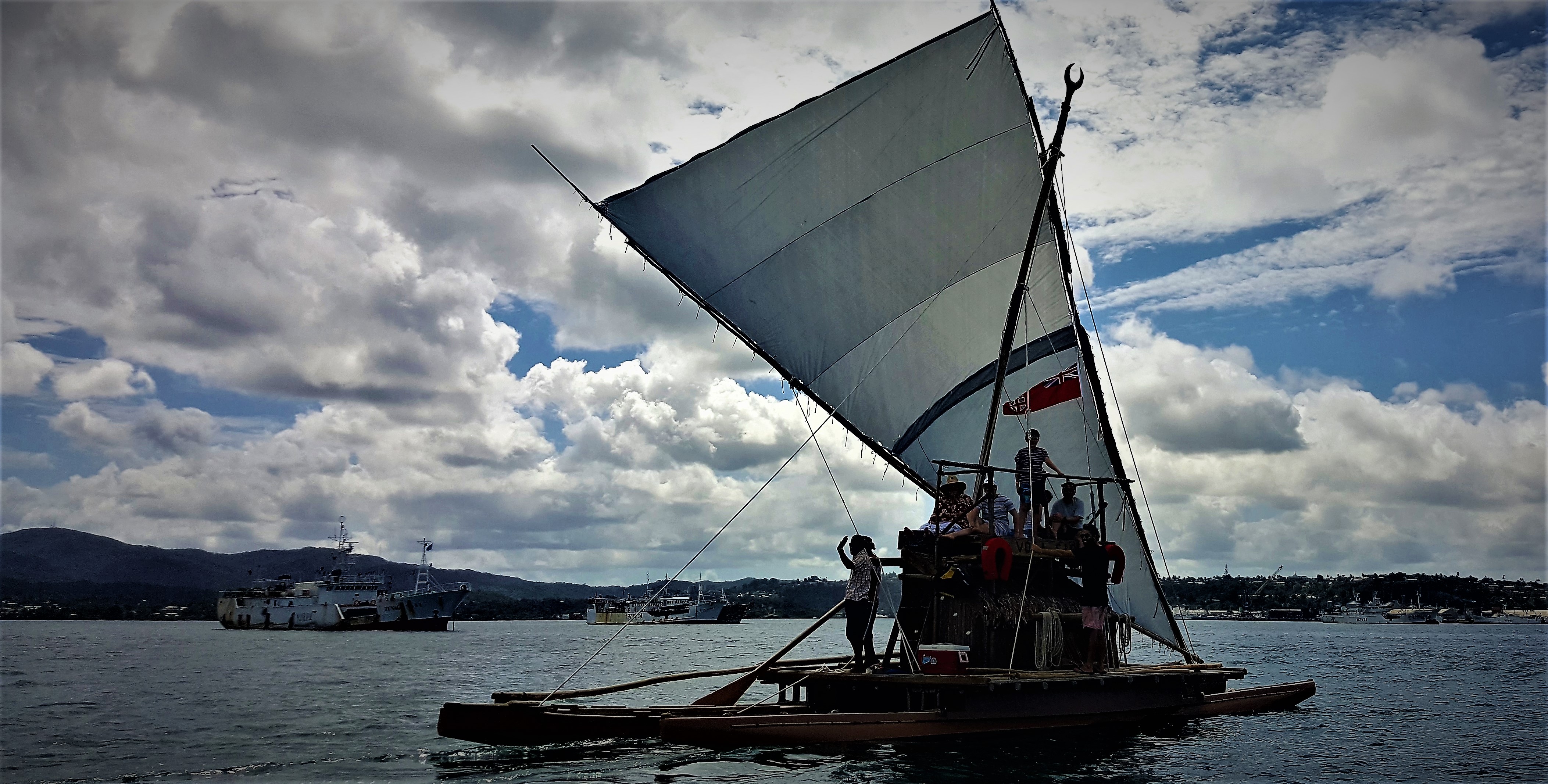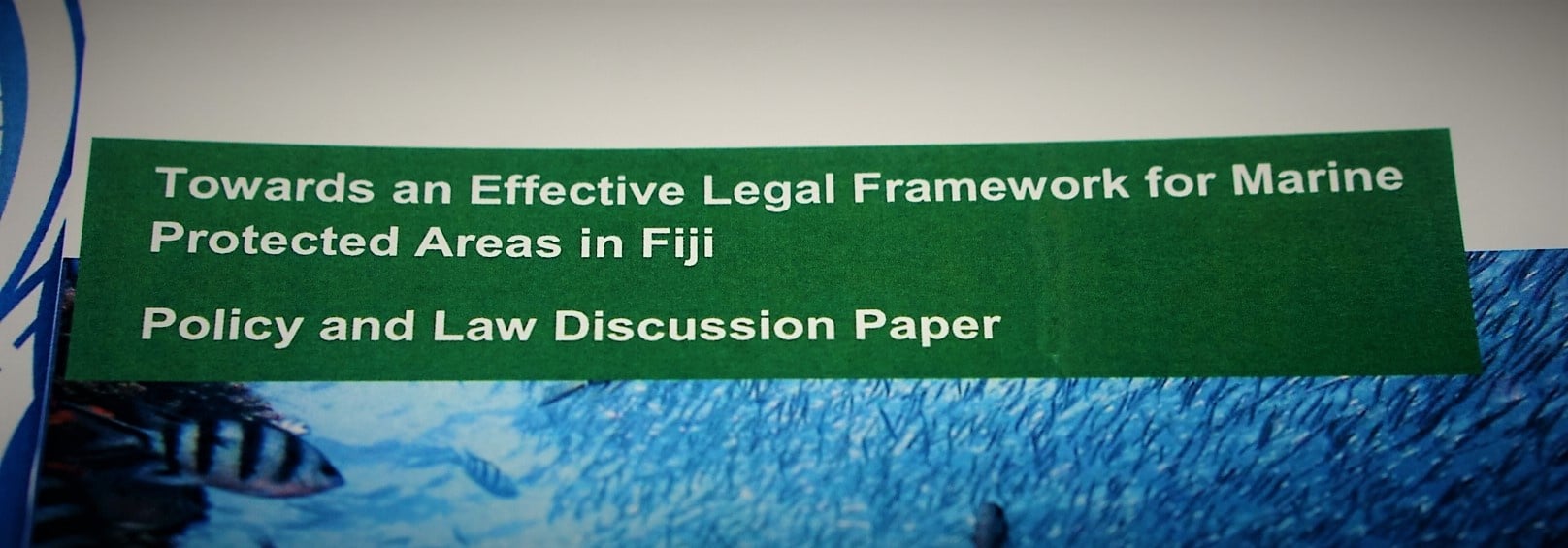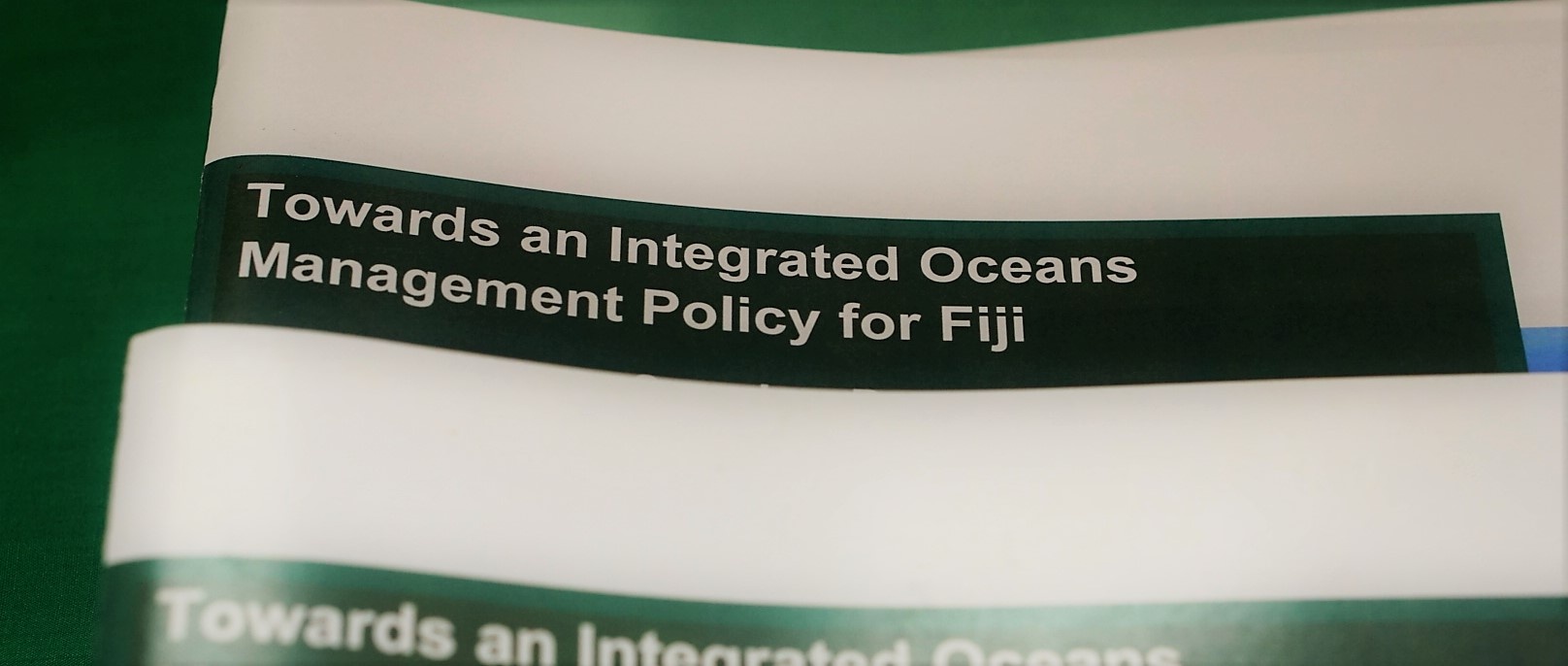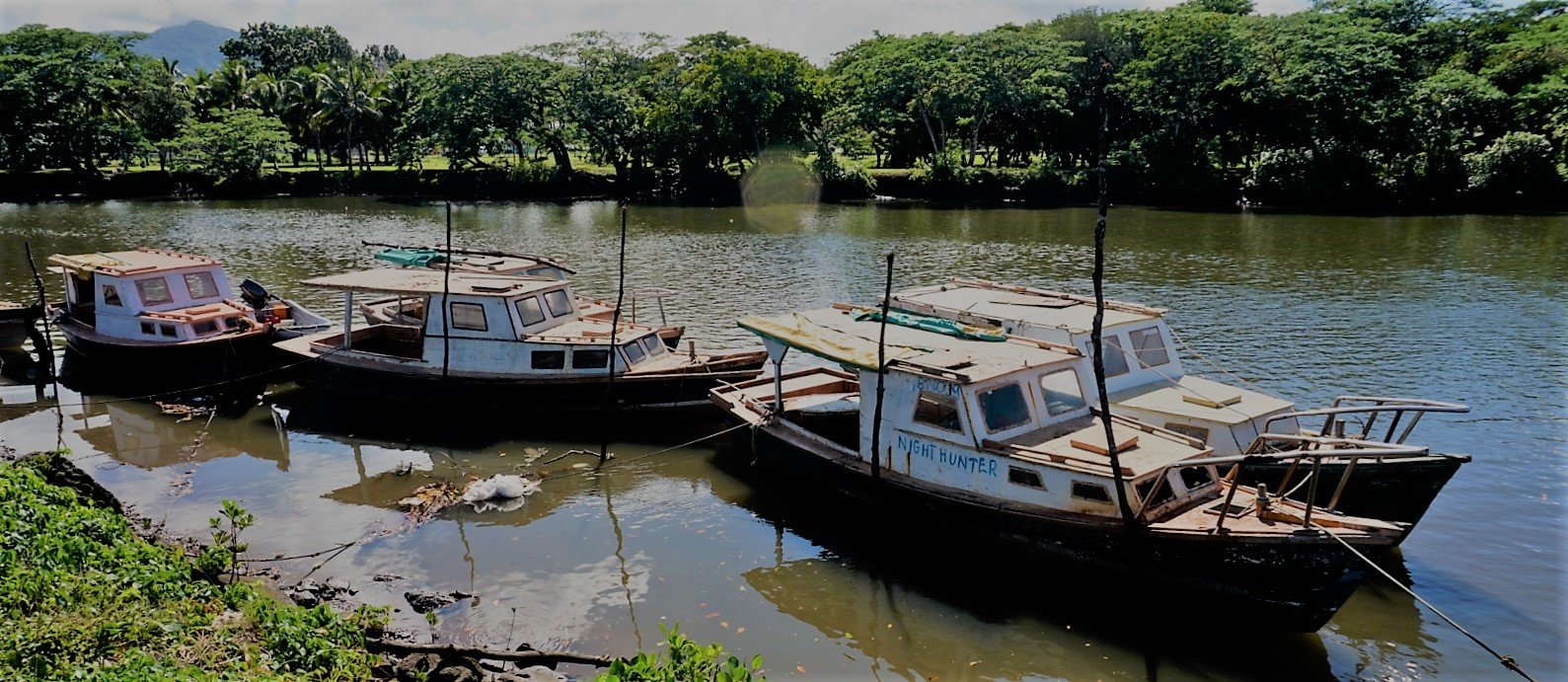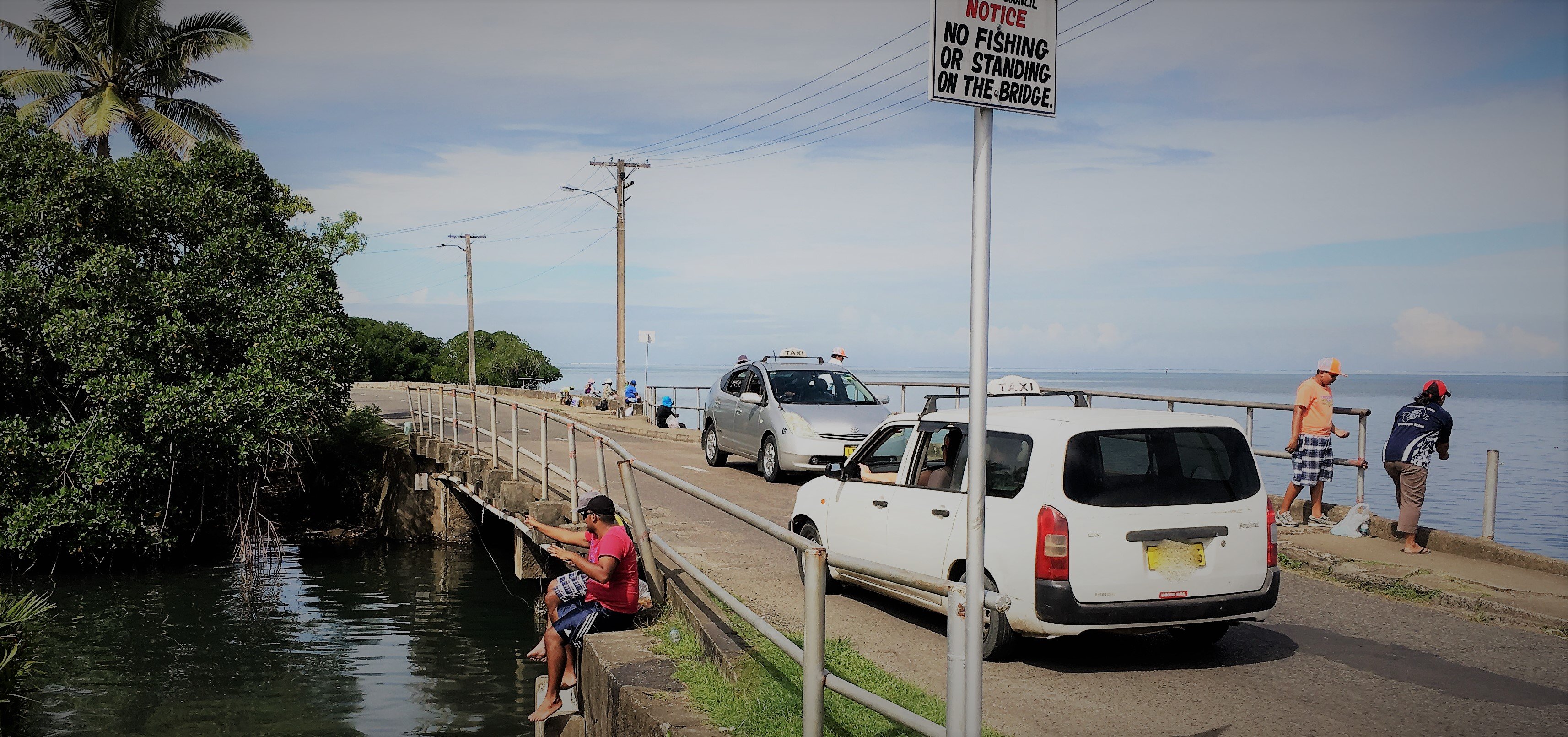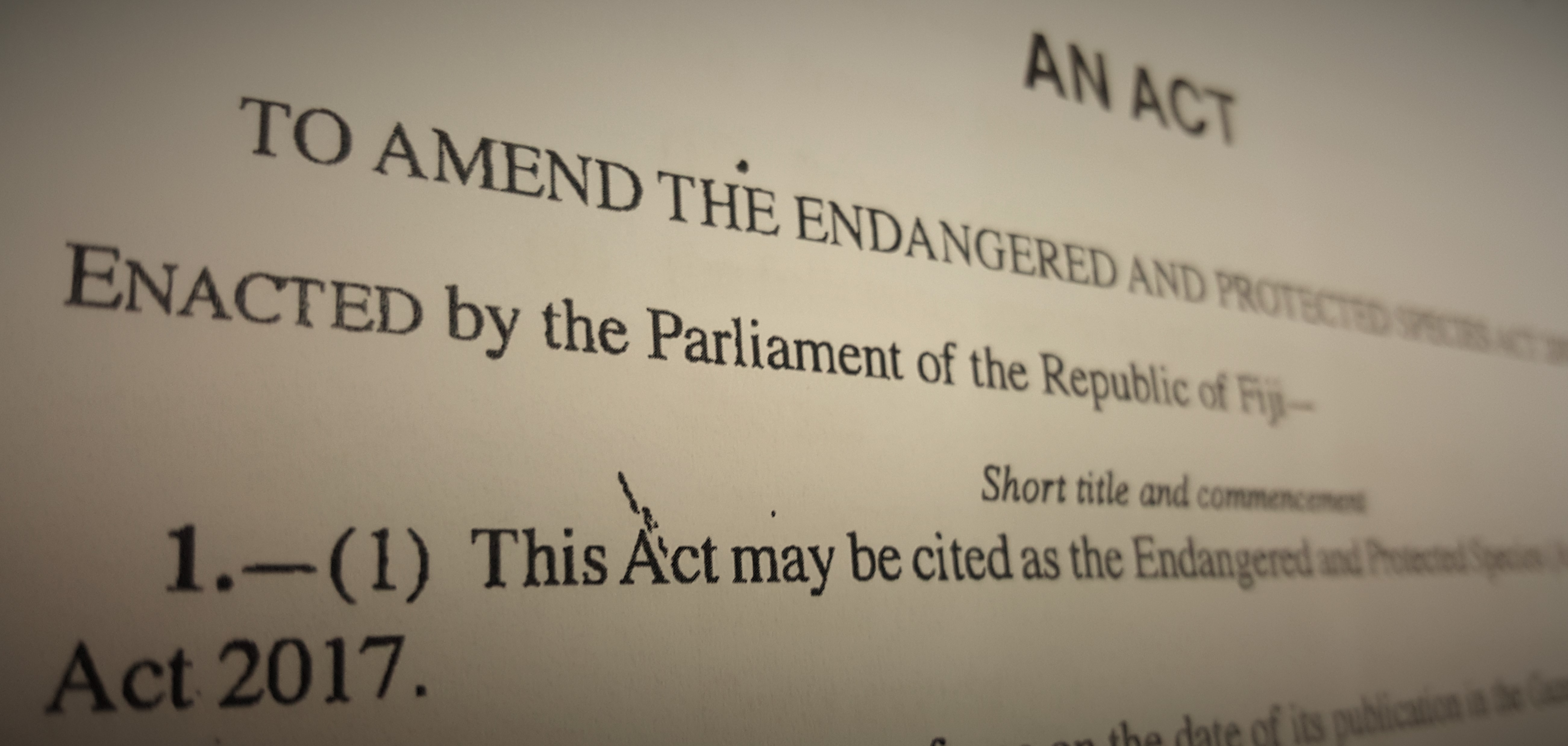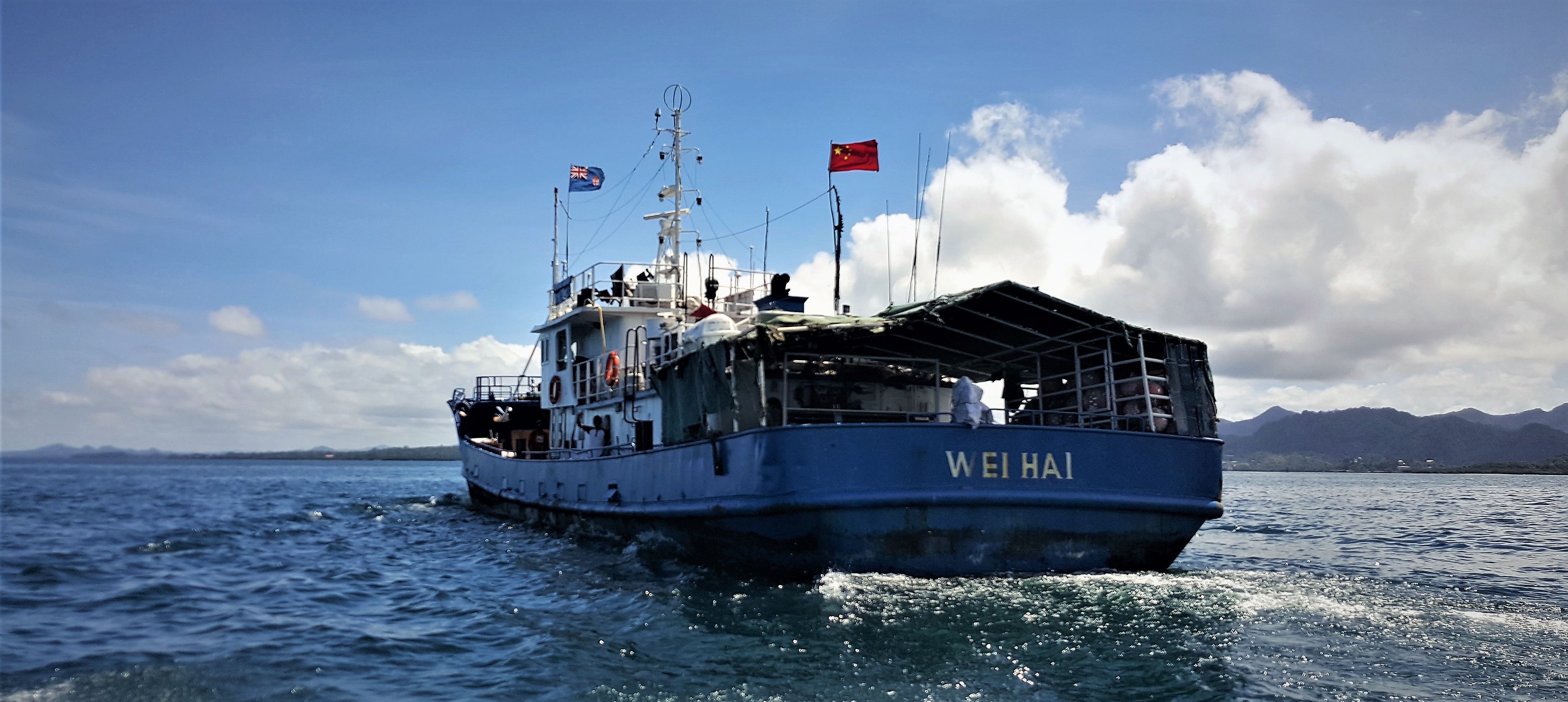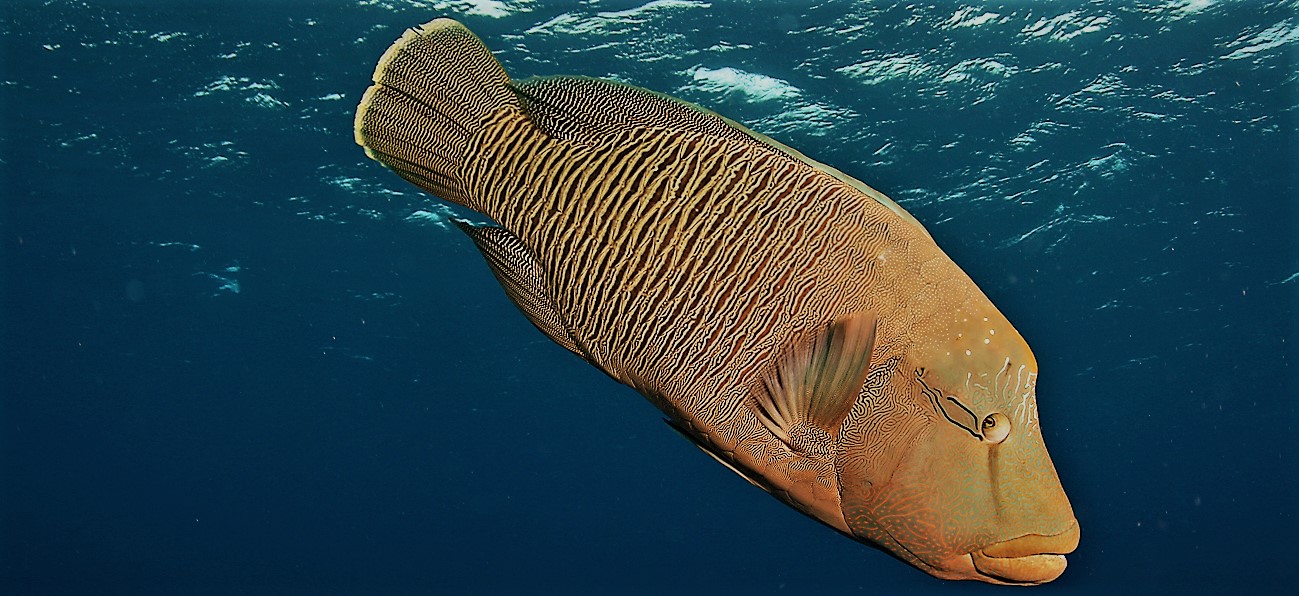The Pacific Island States have a moral authority to call on developed and developing States to curb their CO2 emissions which are the main cause of Climate Change. This is a message that Fiji will, on behalf of the people of the Pacific, lead with when it co-hosts COP23 in Bonn, Germany in November 2017.
In facing the unprecedented challenge of climate change Pacific Island States are also clear about what they want. This includes:
- The global temperature rise stays below 1.5 degrees celsius
- Healthy oceans with functioning ecosystems to enable the oceans to continue to capture CO2
- Meeting the adaptation challenges in coastal areas and on low lying atolls
- Climate financing for oceans/fisheries projects that promote sustainable use of resources and the return of a fair income from the sustainable harvesting of these resources to Pacific Island economies
- Innovative solutions to reduce the pollution and CO2 from the maritime shipping industry.
In this bulletin we address 3 specific ocean issues that represent part of how Pacific Islands can rise to the challenges of Climate Change and also illustrate why law and governance is integral to meeting the challenges. The 3 ocean issues are:
- Legal rights to ocean spaces
- Mangroves
- Marine Protected Areas




